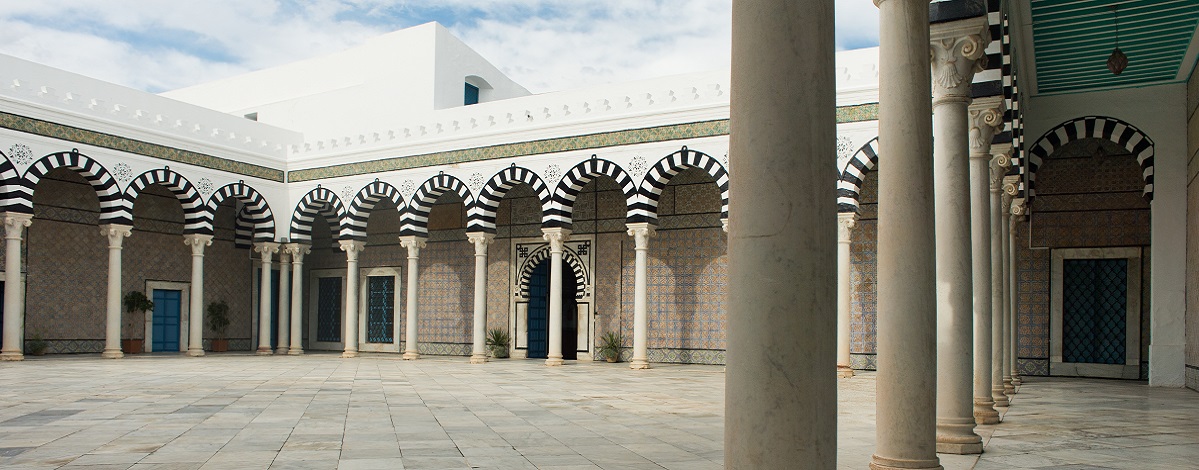Twinning for institutional capacity building for Tunisia’s Assembly of the Representatives of the People

Objective
-
€1.6mBUDGET
-
17/01/2016PROJECT START
-
36 monthsDURATION
Tunisia was the first Mediterranean country to sign an Association Agreement with the European Union in July 1995. The Tunisian Revolution in January 2011 subsequently paved the way for a transition towards a system of democratic governance, based on the separation of powers and the rule of law.
The Assembly of the Representatives of the People (ARP), which represents legislative power in the monocameral system created by the Constitution of 2014, was the first institution set up following the adoption of the new Constitution.
This project, which has now reached completion, was part of the political and democratic transition initiated by Tunisia in 2011 and the revolution of the Arab Spring.
Peer dialogue central to the twinning
This project lasted three years and was based on an approach to establish closer ties between peers. The French National Assembly (main partner) and Italian Chamber of Deputies (junior partner) thereby provided support to their counterparts from the Assembly of the Representatives of the People under the institutional twinning.
Twinning is an instrument of the European Union Neighbourhood Policy and makes the expertise of Member States available to a public administration in a third country. The experts thereby supported their counterparts facing similar issues in order to achieve the very specific objectives defined by the Assembly of the Representatives of the People.
About 100 experts from other European administrations (French and Italian Senates, German Bundestag, Hungarian National Assembly, Czech Chamber of Deputies and Hellenic Parliament) also participated in these exchanges of good practices between peers, providing real added value to the project.
Expertise France handled the administrative and financial management of the project, working closely with its institutional partners. The agency coordinated the 800 days of expertise planned to achieve the project’s objectives.
Closer ties between institutions to support the parliamentary reforms in Tunisia
The project aimed to consolidate the role of the Assembly of the Representatives of the People in strengthening democracy and the rule of law. More specifically, it involved building the institutional capacities of the Assembly of the Representatives of the People, with a view to the effective exercise of legislative power, in accordance with the Constitution.
The project worked to build the capacities of the Assembly of the Representatives of the People through the following activities and components:
• Make the Assembly autonomous at the administrative and financial levels;
• Strengthen the Assembly’s capacity to legislate and oversee the Government (parliamentary initiative, programming of activities, etc.);
• Strengthen the general services (such as buildings and space management);
• Provide key pointers for improving human resources management, in particular by preparing an organisation chart;
• Develop a communication plan;
• Help structure parliamentary diplomacy in the Assembly.

European institutional twinning is an instrument for cooperation between administrations of European Union Member States and of partner countries that are candidates for accession to the EU or neighbouring countries.
Further information is available on the European Commission website.

